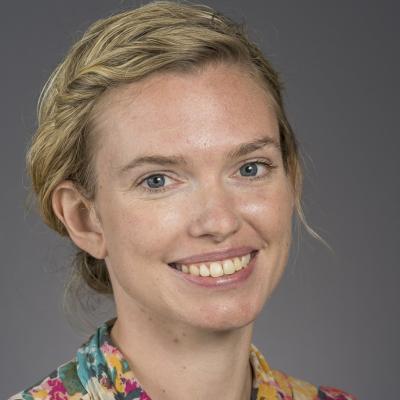
Aisling Quigley
Aisling Quigley is the Director of the Andrew W. Mellon-funded Digital Liberal Arts initiative at Macalester College, where she collaborates with faculty and staff across disciplines on digital projects related to both scholarship and pedagogy. She also teaches an undergraduate course about humanities data that incorporates tools and methods from the digital humanities and information sciences. Prior to assuming her current role, she earned her PhD in 2019 from the School of Computing and Information Science at the University of Pittsburgh.
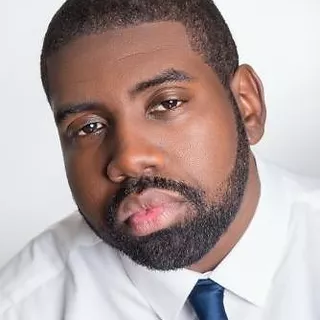
Benjamin Saulsberry
Benjamin Saulsberry, is a native of West Tallahatchie County, Mississippi. He grew up surrounded by social justice activism, which he credits for his deep care and concern for his community today. Ben joined the Emmett Till Interpretive Center in 2016 and has spoken on race, racism, and racial reconciliation across the country on behalf of the Center, including at Harvard Law in 2017 and the University of Detroit at Mercy in 2019. He attended Mississippi Valley State University and the University of Mississippi for graduate work in music.

Carmaletta Williams
Carmaletta M. Williams, Ph. D. is the Chief Executive Officer of The Black Archives of Mid-America in Kansas City. A literary historian, Williams received her BA and MA degrees from UMKC and her Ph. D. from KU. For 28 years she taught English and African American Studies at Johnson County Community College, where she was also the founding Executive Director of the Office of Diversity, Equity, and Inclusion. Williams has also taught in Wuhan, Hubei Province in the People’s Republic of China; Accra, Ghana; Paris, France; Guinea, West Africa, and The American School of the Hague, Wassenaar, Netherlands. Her published works include academic books and articles, poetry, and children’s books. She received an Emmy@ for her portrayal of Zora Neale Hurston on KCPT/KCPL’s program Meet the Past.
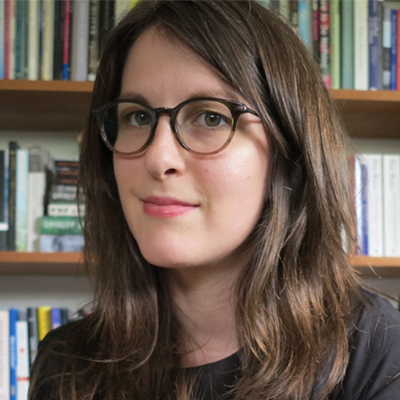
Chelsea Gunn
Chelsea Gunn is a Teaching Assistant Professor in the Department of Information Culture and Data Stewardship at the University of Pittsburgh’s School of Computing and Information. Her teaching and research interests include personal archives, archival ethics, web and social media archiving, and digital preservation, building on her prior experiences as an archivist. She currently serves on the Board of Directors of Prototype, a non-profit dedicated to building gender and racial equity in tech and entrepreneurship in Pittsburgh.
Website: http://chelseagunn.com/
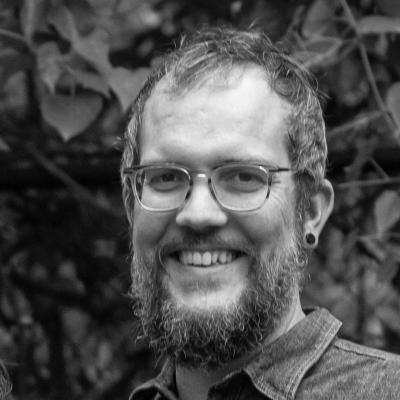
Erin Wolfe
Erin Wolfe is the Metadata Librarian at the University of Kansas, where he works with the Libraries’ Digital Initiatives department on a variety of tasks involving access to and preservation of digital materials. His research interests include computational text analysis, text data mining and visualization, machine learning, and related areas.
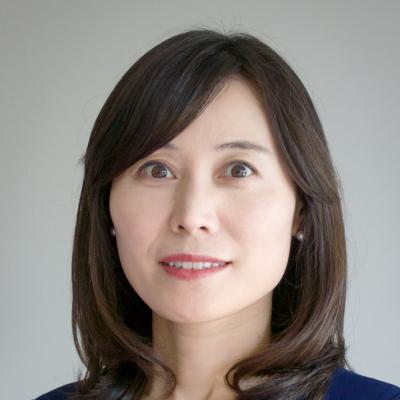
Hyunjin Seo
Hyunjin Seo, Ph.D., is Oscar Stauffer Professor and Associate Dean for Research and Faculty Development in the William Allen White School of Journalism and Mass Communications at University of Kansas. She is also the founding director of the KU Center for Digital Inclusion and a faculty associate at the Berkman Klein Center for Internet & Society, Harvard University. Seo’s research focuses on identifying emerging properties of networked communication and understanding their implications for social change, collective action and civic engagement. She has published over 50 peer-reviewed journal articles and book chapters in this and other related areas. She is also the author of Networked Collective Actions: The Making of an Impeachment (Oxford University Press), which examines intricate relationships between social institutions and agents during networked-facilitated political movements.
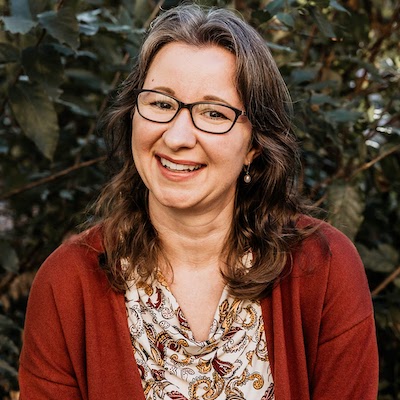
Jenny Hay
Jenny Hay is the ScoutSA Program Manager at the City of San Antonio Office of Historic Preservation. ScoutSA empowers people to explore the past by discovering and celebrating stories of San Antonio’s historic places through the City’s comprehensive survey and designation initiative as well as a robust community engagement and digital humanities portfolio. Prior to joining the City in 2016, she held the position of Preservation Outreach Manager at the Conservation Society of San Antonio. Jenny volunteered for several years with Historic Green in New Orleans and currently serves on the board of the Power of Preservation Foundation in San Antonio. Her research spans the intersection of community resilience, historic preservation, climate action, and heritage values. Jenny earned her PhD in Geography and Anthropology from Louisiana State University in 2014.
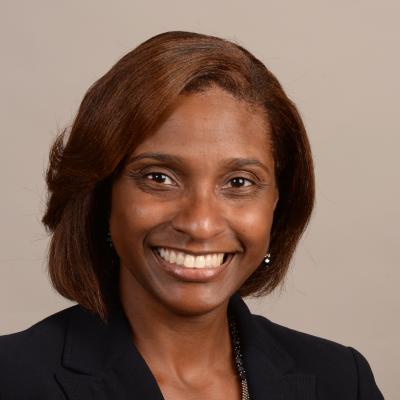
Jomella Watson-Thompson
Dr. Jomella Watson-Thompson is the Director of the Center for Service Learning, and an Associate Professor in the Department of Applied Behavioral Science at the University of Kansas. She is also affiliated with the Center for Community Health and Development. Dr. Jomella Watson-Thompson has extensive experience in community-engaged scholarship. Dr. Watson-Thompson supports community-engaged scholarship using participatory approaches to address community health and development issues including adolescent substance abuse and community and youth violence prevention. She also works with community collaboratives to examine social determinants or factors, including educational attainment and access to resources and supports, that may contribute to disparities, particularly for racial and ethnic groups and underserved communities. She researches and promotes collaboration and community-academic partnerships as an approach to foster sustainable change and improvement in communities.
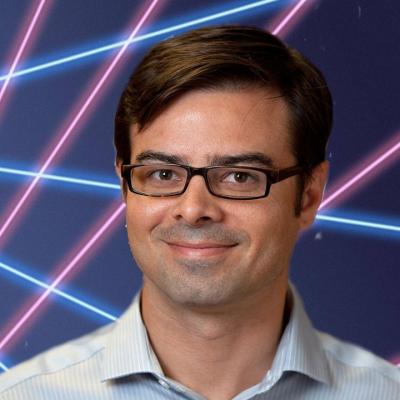
Josh Bolick
Josh Bolick (0000-0002-7379-0432) is the Scholarly Communication Librarian in the University of Kansas Libraries’ Shulenburger Office of Scholarly Communication & Copyright. In addition to supporting a range of scholarly communication programs at KU, he deals extensively with copyright and open licensing as they relate to research and teaching. Josh has published in the Journal of Copyright in Education and Librarianship, and is a co-PI on two Institute for Museum and Library Services grants totaling almost $300K to create open teaching and learning materials on scholarly communication topics, including copyright, fair use, and open licenses.

Julie Mulvihill
Julie Mulvihill is the Executive Director for Humanities Kansas, a statewide nonprofit organization that connects communities with history, traditions, and ideas to strengthen civic life. Through HK’s work, Julie has created relationships with local, state, and national humanities organizations to strengthen civic discourse and support grassroots cultural organizations in Kansas and each year HK creates and supports nearly 700 humanities public programs with partnerships in over 100 Kansas communities. Julie has traveled the state, served on boards at all levels, has taught at the University of Kansas, and is committed to working towards a fresh vision of Kansas, one energized by people engaging with history, literature, traditions, and culture and sharing stories that spark conversations and advance good ideas that strengthen civic life and our democracy. A lifelong Kansan, Julie received her undergraduate and graduate degrees from the University of Kansas.

Kent Blansett
Kent Blansett is a Cherokee, Creek, Choctaw, Shawnee, and Potawatomi descendant from the Blanket, Panther, and Smith families. He is the Langston Hughes Associate Professor of Indigenous Studies and History at the University of Kansas. Professor Blansett also serves as the founder and executive director for the American Indian Digital History Project. His latest book, 18 years in the making, is the first biography to explore the dynamic life and times of Akwesasne Mohawk student leader Richard Oakes, who was a key figure in the 1969 takeover of Alcatraz Island by the organization Indians of All Tribes. Published by Yale University Press in 2018, Blansett’s book, A Journey to Freedom: Richard Oakes, Alcatraz, and the Red Power Movement highlights Oakes’s pivotal role in Red Power activism from the 1960s and 1970s that sparked Native liberation movements throughout North America.
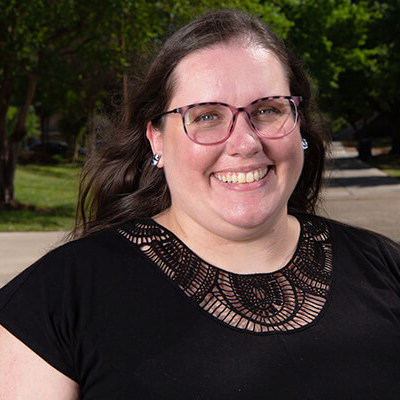
Lindsey Wieck
Lindsey Wieck joined St. Mary’s University in 2017 as the director of the Master of Arts in Public History program. She received her Ph.D. in American History from the University of Notre Dame in May 2016 and was a postdoctoral fellow there for 2016-2017. While doing her research, Wieck grew excited by the possibilities to integrate GIS, text analysis, and data visualizations into her work on Latino community formation and gentrification in the Mission District of San Francisco. She also specializes in the history of the American West, race and ethnicity, and American cities. She enjoys incorporating digital technologies in her teaching and also emphasizes digital writing and communication in her courses.

Matt Kleinmann
Matt Kleinmann is a Ph.D. candidate and community health designer that works to serve communities as they seek to improve public health outcomes in their built environment. Matt co-founded Dotte Agency at the University of Kansas, and he continues to help facilitate the community-led design and development of the Dotte Mobile Grocer. Matt recently joined the Unified Government of Wyandotte County as the Coordinator of their Health Equity Task Force.
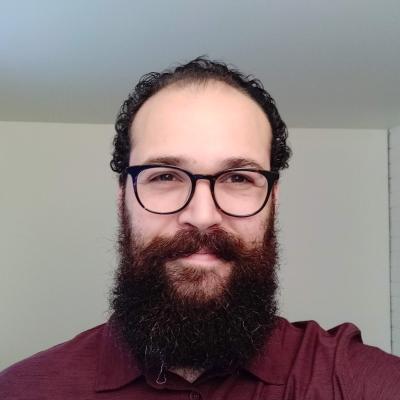
Michael Wynne
Michael Wynne is the Digital Applications Librarian in the Center for Digital Scholarship and Curation (CDSC) at Washington State University. He is the primary support specialist, and member of the development team, for Mukurtu CMS. He also provides support and training through the Sustainable Heritage Network, the Local Contexts initiative, the Tribal Digital Stewardship Cohort Program, and the CDSC. His core work revolves around ethical digital cultural heritage management, indigenous languages, and audio digitization.
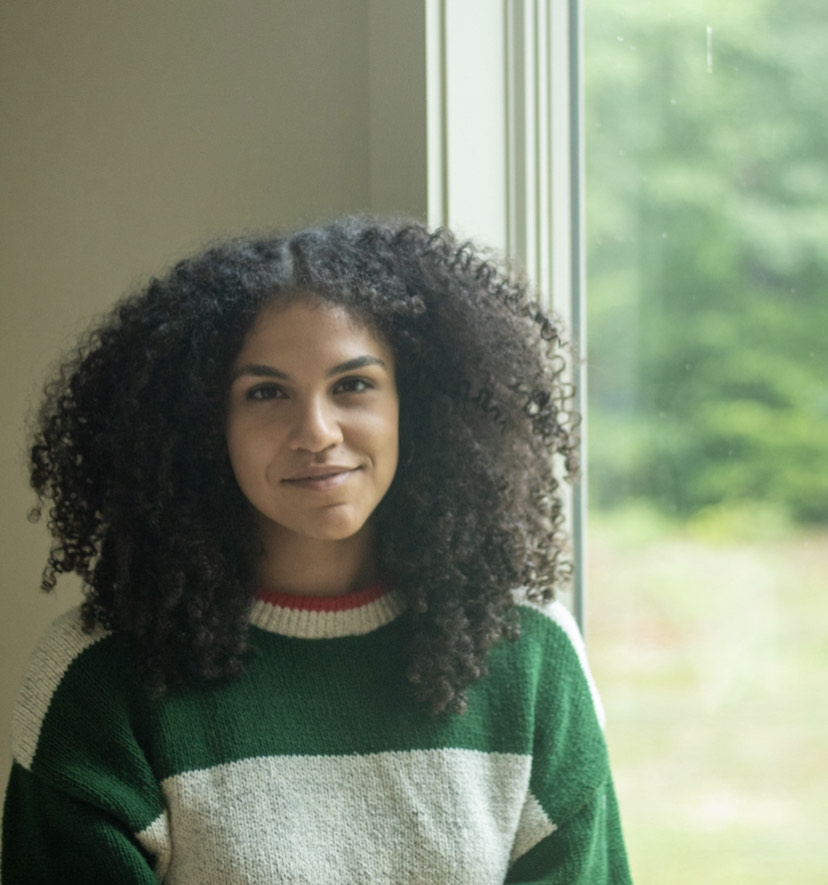
Michelle May-Curry
Michelle May-Curry leads Humanities for All, an initiative of the National Humanities Alliance that showcases and advocates for publicly engaged humanities work at colleges and universities across the United States. She is also a lecturer at Georgetown University in the Engaged and Public Humanities department. Prior to joining NHA, she was a visiting dissertation fellow at Harvard University as well as a Carr Center Independent Scholar. Her scholarly and curatorial work has appeared in exhibitions at The Art Institute of Chicago, Harvard Art Museums, The Carr Center Gallery, and The 2019 Havana Biennial. She received her Ph.D. in American Culture at the University of Michigan and holds a B.A. from Williams College.
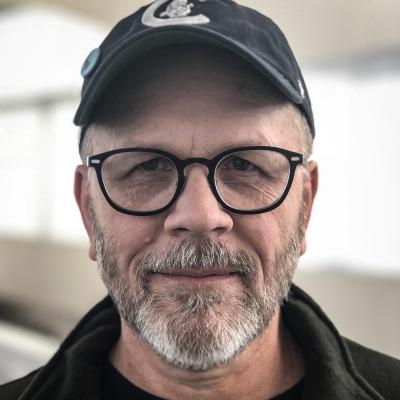
Nils Gore
Nils Gore is a licensed architect and a Professor in the Architecture Department at the University of Kansas, where he focuses on community engaged scholarship through execution of student design/build projects in the public realm. These projects include work in Mississippi, Lawrence, New Orleans and, most lately, Wyandotte County, Kansas. In all of these projects, he works with students to develop innovative material and tectonic design solutions that enhance and support an enriched community life. The work in Wyandotte, under the auspices of Dotte Agency, is focused on projects at the intersection of the built environment and public health through healthy eating and active living.The work has won design awards from the American Institute of Architects, The Young Architects Forum, American Institute of Architecture Students, and the Association of Collegiate Schools of Architecture.
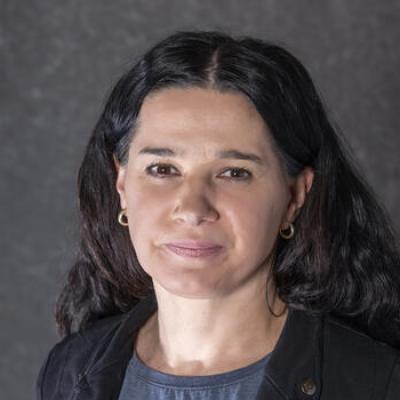
Paula Console-Soican
Paula Console-Soican is Assistant Professor of English, at Donnelly College, a minority institution and a Hispanic Serving institution in the low-income neighborhood of Wyandotte County in Kansas City, Kansas. She studied Philology (English and French) in Romania and specializes in postcolonial studies. She is interested in the relationship between fiction and politics, and theories of cosmopolitanism.
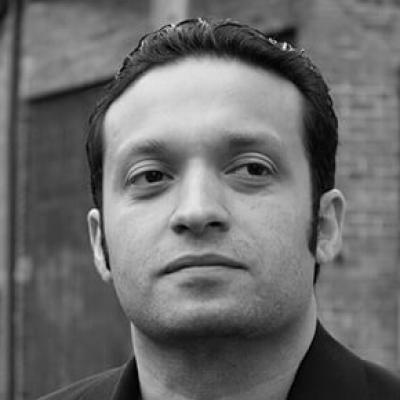
Peter Jasso
Peter Jasso is the Director of the Kansas Creative Arts Industries Commission. He is a graduate of USC’s School of Cinema-Television, and has worked in a variety of capacities in the entertainment industry. Peter is a recipient of the Mana de Topeka media award and the KC Film Fest Karen McCarthy Outstanding Service Award. Peter has served as a member of the Kansas Hispanic and Latino Affairs Commission, the Capitol Preservation Committee, the Mid-America Arts Alliance Board of Directors, Director of the Kansas Film Commission since 2002 and Director of the KCAIC since its creation in 2012.
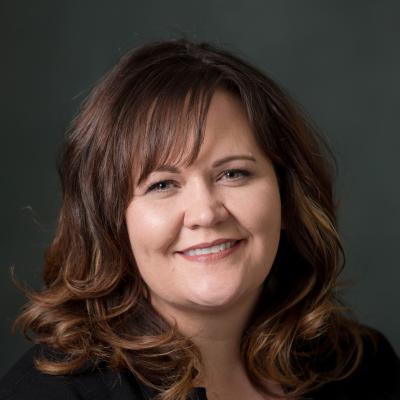
Rebecca Smith
Rebecca Smith is the Executive Director of LMH Health Foundation and Vice President – Strategic Communications for LMH Health. A communications strategist, she has led efforts in marketing, communications, media relations, annual giving and major gifts at the University of Kansas and in roles at the University of Wisconsin-Madison and the University of Nebraska Foundation. She has experience in constituent relations, branding, communications planning and crisis communication.

Stephanie Sapienza
Stephanie Sapienza is Digital Humanities Archivist at the Maryland Institute for Technology in the Humanities (MITH), where coordinates and implements digital research projects which foster collaborations between MITH and other library, archival, or cultural heritage organizations. Stephanie’s research revolves around the intersections between digital humanities, libraries, and audiovisual archives: how archival audiovisual media objects function as primary historical documents, and what kind of digital resources and user interfaces facilitate the means for exploring that media in the context of its original production and reception. As MITH’s former Project Manager, she is also interested in the stewardship of digital humanities projects and research data, including streamlining project management, documentation, and sustainability processes.
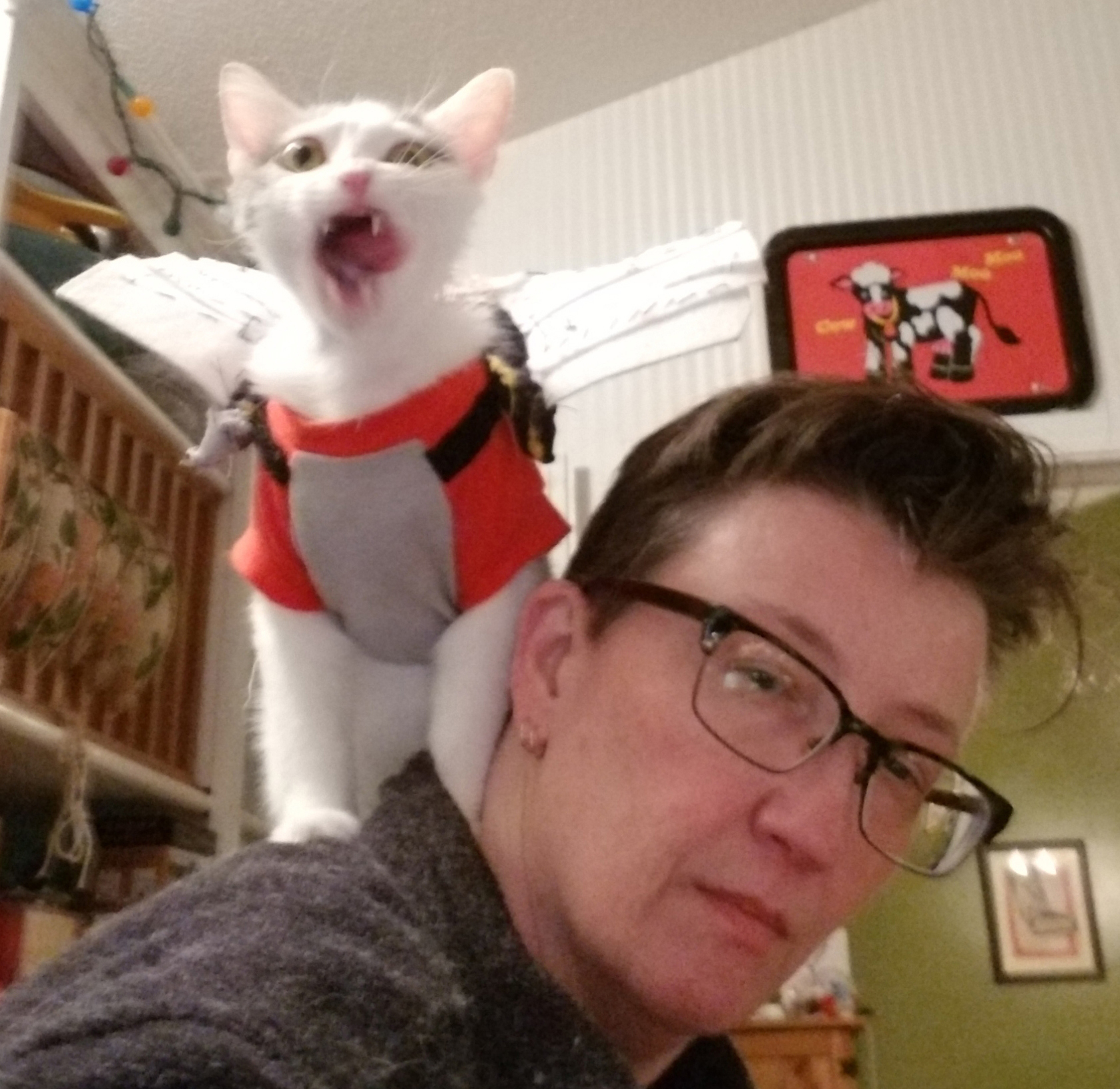
Tami Albin
Tami Albin is an Associate Librarian at the University of Kansas and Director of Under the Rainbow: Oral Histories of Gay, Lesbian, Bisexual, Transgender, and Queer People in Kansas. She has led oral history workshops and presented on Under the Rainbow across the United States and in Germany. She has served as a consultant and adviser to numerous projects, including the Gay and Lesbian Archive of Mid America (GLAMA) Oral History Project (Kansas City, Missouri), the Lecompton Homefront World War II Oral History Project (Lecompton, Kansas), the Kansas State Legislature Oral History Project (Topeka, Kansas), the Feminist Theory and Music Oral Histories Project (San Francisco, CA) Womxn Who Rock (Seattle, WA), and the Kansas Historical Society (Topeka, Kansas). Her service to the Oral History Association includes, chair of the Committee on Diversity, and as a member of the Program Committee, Scholarship Committee, Teaching Awards Committee, and the Mentoring Program. At the University of Kansas, she has led oral history workshops, consulted with faculty, staff, and students on their oral history projects and is a regular guest lecturer on oral history methods and methodology in many classes. She is certified as a Lego Serious Play facilitator and Software Carpentry Instructor.
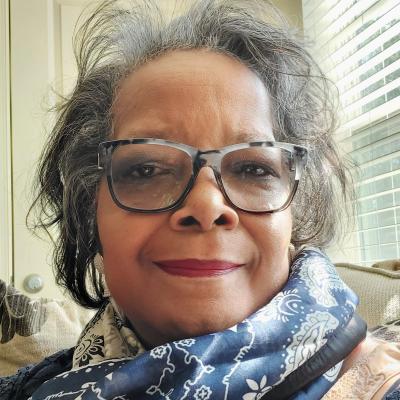
Violetta Sharps-Jones
Violetta Sharps Jones is a fifth generation Lakelander and Vice President of Lakeland Community Heritage Project, a non-profit organization dedicated to documenting the history of Lakeland, an African American community in Prince George’s County, Maryland established in 1890. Lakeland is now part of College Park Maryland. Combining her genealogy research with her love of Lakeland motivates her to tell Lakelands’s story. Sharps Jones is a member of the LCHP/UMD Brain Trust, established with Maryland Institute for Technologies in the Humanities (MITH) to coordinate and expand Lakeland’s digital archives. She currently serves on the Restorative Justice Board for Lakeland, and the 1856 Project UMD, established to explore the unfair practices of College Park and the UMD toward the African American Community, and recognizes the contributions and roles African Americans played in their development. As a consultant, she has worked with Maryland State Highway Archaeologists researching Simon Hill Cemetery, Bladensburg MD which is part of the PBS series The Dig: A Maryland Mystery Lady.